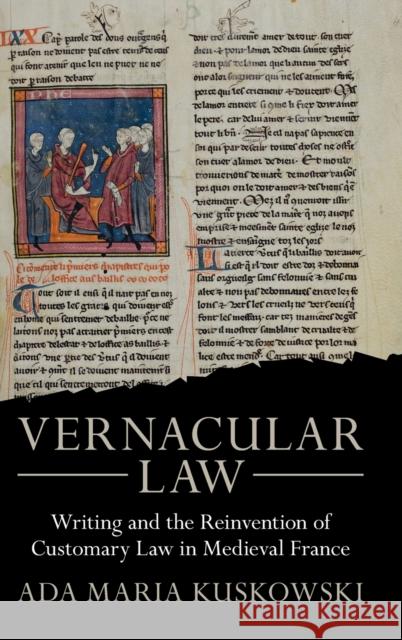Vernacular Law » książka
topmenu
Vernacular Law
ISBN-13: 9781009217897 / Angielski / Twarda / 2022 / 429 str.
Vernacular Law
ISBN-13: 9781009217897 / Angielski / Twarda / 2022 / 429 str.
cena 473,13 zł
(netto: 450,60 VAT: 5%)
Najniższa cena z 30 dni: 472,24 zł
(netto: 450,60 VAT: 5%)
Najniższa cena z 30 dni: 472,24 zł
Termin realizacji zamówienia:
ok. 16-18 dni roboczych.
ok. 16-18 dni roboczych.
Darmowa dostawa!
A new understanding of the transformative effect of vernacular writing on customary law in medieval France.











